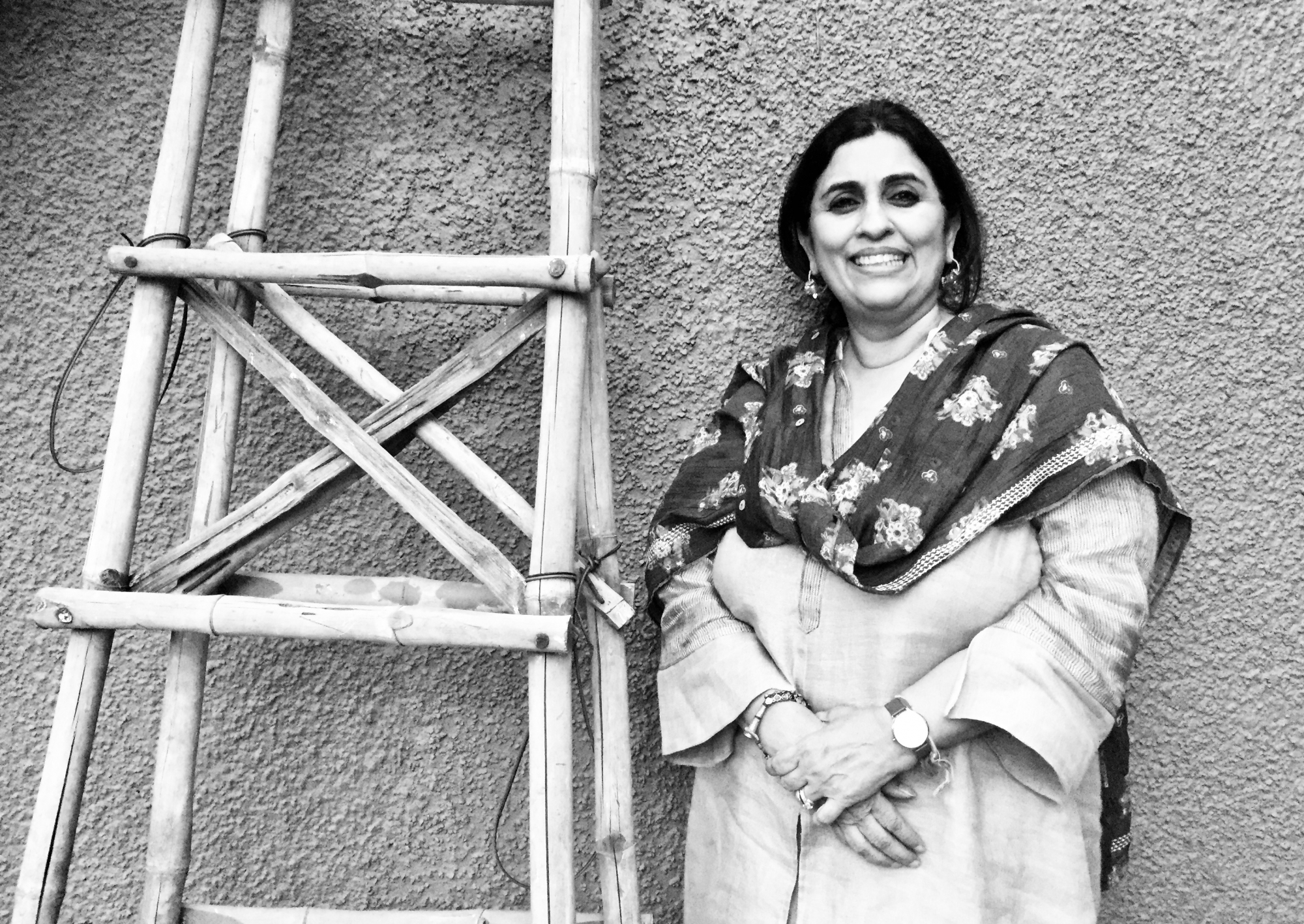Startup Mahakumbh: Rise of entrepreneurs from tier 2, 3 cities big boost to ecosystem
The country’s biggest celebration of startups saw 1,306 exhibitors, more than 165 sessions, over 392 speakers, and more than 48,581 business visitors.
“Climate and ecology are big themes right now, but we have been addressing that through �Does the Blue Sky Lie? Testimonies on Air’s Toxicities’ for the past 10 years.”

Khoj: Forever looking for a new idiom.
“It is important that we support our ecosystem. How do you expect young artists coming from lower-middle class backgrounds to support themselves when during these times akademis have turned their backs and galleries are shut?”
“Last year, we introduced 40 grants of Rs 25,000 each for youngsters wherein they could sit at home and work on projects. More than 400 applications were received for those 40 grants,” says Pooja Sood, Director and founding member of New-Delhi based Khoj International Artists Association said.
All set to introduce more such grants now (“the requisite funds are being collected”), Sood says that not just young artists, they also understand their responsibility towards their immediate surroundings where they are based. “Khirkee village has a huge migrant and refugee population. While last year, we made it a point to distribute ration kits in the area, this time we may also include Covid kits — medicines, mask and sanitisers.”
Advertisement
Running it from her home in Delhi for several years before acquiring a building in Khirkee Extension, the organisation came into being with major artists including Subodh Gupta, Bharti Kher, Manisha Parekh and Anita Dubey coming together. Attracting some of the best talent from across the world, Khoj has been in the forefront of experimentation in art and is known for its non-commercial essence.
Stressing that while a lot of people assume that making art is just about material making, Khoj is focussed on social practice, Sood adds that the kind of projects they have been doing for over a decade speak for themselves. “Climate and ecology are big themes right now, but we have been addressing that through �Does the Blue Sky Lie? Testimonies on Air’s Toxicities’ for the past 10 years.”
Supporting artists not just in major Indian cities, Khoj has been instrumental in funding diverse work across communities across the country. For example, supporting the work of artist Shweta Bhattad, a farmer’s daughter who has been working with local women in Maharashtra and Madhya Pradesh. “We are about facilitating unique expressions that talk to and force people think. Bhattad tied herself up to a hoarding in Nagpur’s red light area and did a performance about the sex workers’ lives. She also did a fantastic project on food and farmers.”
In another project, Khoj, is working with an organisation that sensitises people about issues related to transgenders. The director says that just as cases of domestic violence towards women have increased during the pandemic, the same holds true for transgenders.
While one forthcoming project is related to the digital future — “We are also making very cool tools on how to do online residencies. So, with this, you can create your studios, go to the project space and also interact with other residents etc.” — in another project, an artist is looking at data feminism. “It is very interesting considering the fact that the most data is so male orientated. We need to re-understand and unpack the schisms and biases. Apart from the digital divide, what are the other divides? The feminist divide is a strong one.”
Sad that the immediate future for Khoj will be a hybrid one, Sood says that she will miss the constant activity at the centre. “Everybody will have to up their game when it comes to technology — just digital exhibitions will not work. Of course, we will have physical activities with all precaution whenever that is possible in the near future. Also, we have noticed that when a small number of people are in the room to view an exhibition, their interaction with art work is more intimate,” she says.
Not in favour of approaching the government for grants owing to red tape, Sood smiles, “Anyways, in the past few years, hasn’t the the budget for culture in India decreased steadily every year even as most countries have upped it?”
Talk to her about how multiple central and state cultural akademis became irrelevant during the Covid times they failed to failed to support artists despite having budgets, Sood says, “I think these guys need a crash-course on how to look after their artists. If they carry on like this, the artists would give up. A large chunk of the middle class has fallen into poverty. Very few of us have survived.”
Advertisement